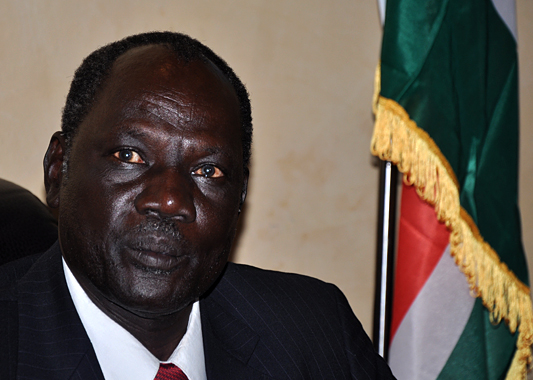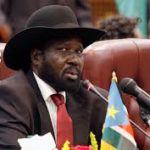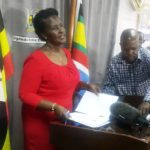The South Sudan government has grudgingly admitted falling short of cash to pay civil servants and for essential services, raising fears that such an open admission may lead to uncertainty and insolvency.
Information Minister and government official spokesperson, Michael Makuei Lueth, announced in a statement that the government has no money to make prompt payments to the employees, claiming he himself has not been paid for the last three months and ‘did not complain’.
Lueth argued that people should not demand payments for months which were not paid but rather wait for the months ahead, asserting the government has no money to pay for accumulated and unpaid months.
He was answering a question put to him by a reporter about payment of the civil servants after attending a regular cabinet meeting in which the council resolved to ask the leadership of the Sudan People’s Liberation Movement in Opposition (SPLM-IO) under the leadership of the First Vice President, Riek Machar, to talk to one of his senior commanders, General Johnson Olony, to permit the use of river transport to move grains from Renk to Juba and other parts of the country in order to help the situation.
General Olony is the commander of Sector One in Upper Nile state in the areas under the control of the SPLA-IO. His forces have closed the river Nile route between Renk and Malakal in Upper Nile state.
But minister Lueth’s open admission of lack of funds to make payments has received mixed reactions from the general public and from the government, with some officials describing it as ‘inappropriate statement’.
Others argued that the remarks were part of a political ploy to convince the civil servants to exercise patience as the government is seeking ways out to make payments.
Critics of the government have also interpreted the statement to mean attempt by the government to elicit sympathy and support from the international community.
Many in government, including President Salva Kiir, were persuaded to accept the signing of the peace agreement as a way to receive support to improve the currently struggling economic situation and to avoid sanctions and other measures as incentive for blocking peace efforts.
However, international support has not yet come forth, owing to the lack of political will to implement the peace agreement by the parties.
Among many issues that need to be tackled include the status of the controversial 28 states unilaterally created against the 10 states stipulated in the August 2015 peace deal and cantonment of opposition forces across the country.
International financial experts and institutions, including the International Monetary Fund (IMF) have warned of further economic deterioration in South Sudan.







